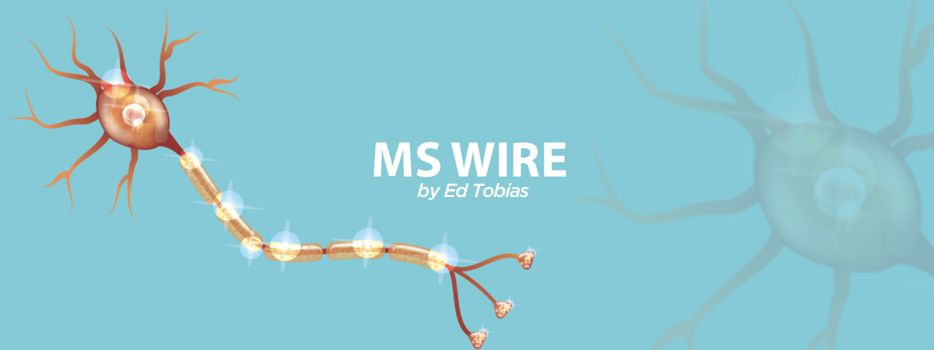MS News That Caught My Eye Last Week: Caregivers, VX-765
Written by |

Majority of MS Patients in US Report Mistreatment by Caregivers in Survey
This is a serious issue, but it’s not as pervasive as this headline makes it appear. The survey looked only at the treatment of people with advanced MS, the 30% of people with MS who need help with at least one daily life activity. The fact that more than half of those people said they were being mistreated, either physically or financially, is shocking on its own, but that they are talking about caregivers who are family members is extremely tragic.
In a nationwide survey of caregiver abuse and neglect among Americans with advanced multiple sclerosis (MS), more than half of respondents reported some form of mistreatment, with psychological and financial abuse being the most common.
Having a caregiver with a mental illness was the greatest risk factor for mistreatment, the survey found, but risk also rose with alcohol consumption, either by the patient or the caregiver, and a need for daily caregiving.
Click here to read the full story.
***
Caregivers of Youth With MS, Other Ills Invited to Survey on Mental Health
Are you providing care to a youngster? The group taking this survey is trying to find ways to make mental healthcare easier for parents and their children, and it wants to hear from you. Parents or guardians of a child younger than 18 with MS or another medical or mental disorder are invited to take part.
Access to mental health services for children with a rare disease or other medical or mental health disorder is the focus of an online survey by therapists at Children’s Friend, an affiliate of the Seven Hills Foundation.
The foundation, based in Worcester, Massachusetts, runs a variety of programs through its 14 affiliate groups to support families with “disabilities and significant life challenges.”
Click here to read the full story.
***
VX-765 Therapy, Given Through Nose, Limits MS Progression in Early Study
OK, this is a mouse study, and mice don’t usually catch my eye. What does interest me is that this is a nasal treatment. The lead researcher says the treatment being explored would be a lot easier for patients because the nose provides a direct path to the brain. Our story says the medication is “injected” into the nose, but it’s not clear whether this is an actual injection or whether the medication is delivered via a tube or a spray. A nasal injection might be OK for a mouse, but you can count me out if the research ever gets as far as treating a person.
The anti-inflammatory medication VX-765, which is delivered through the nose (intranasal), was found to limit disease progression in a preclinical model of multiple sclerosis (MS) by blocking a protein called caspase-1.
The medication helped prevent damage to brain cells in mice.
Click here to read the full story.
***
Note: Multiple Sclerosis News Today is strictly a news and information website about the disease. It does not provide medical advice, diagnosis, or treatment. This content is not intended to be a substitute for professional medical advice, diagnosis, or treatment. Always seek the advice of your physician or other qualified health provider with any questions you may have regarding a medical condition. Never disregard professional medical advice or delay in seeking it because of something you have read on this website. The opinions expressed in this column are not those of Multiple Sclerosis News Today or its parent company, Bionews, and are intended to spark discussion about issues pertaining to multiple sclerosis.



Leave a comment
Fill in the required fields to post. Your email address will not be published.